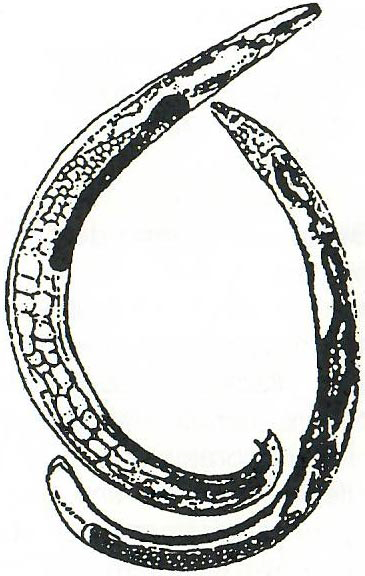Discover the Health Benefits of Flora in Plantscape Designs
Plantscape Designs is the Boston area’s leading provider of interior plantscape designing.
Call 781-279-0032 ext101 today to discover the health benefits of plants in your office or living space.
Discover the Health Benefits of Plants in an Office Space
Live plants have a long-recognized health benefits that are both physical and mental. Plant systems clean the air by decreasing carbon dioxide from between 10-25%. Additionally, plants remove toxins such as benzene and formaldehyde from the air. This means that humans can breathe easier in offices and homes with plants. Live plants also add humidity. Furthermore, even a modest, medium-sized plant can make a dramatic difference in the quality of the air that a room’s occupants breathe. The health benefits of plants also include a demonstrable reduction (of up to 30%) of neuropsychological symbols—such as headaches and fatigue).Health Benefits in the Post-Pandemic World
Since the year 2020 and beyond, office plants have represented an added health benefit in interior spaces: social distancing. Not only can plants minimize distracting chatter by means of dampening noise, they can also aid employee health by promoting social distancing. The COVID-19 pandemic has presented significant challenges for many American business with respect to returning to the workplace. Interior plantscapes, when artfully designed and strategically placed, can minimize the spread of contagions by serving as barriers. Finally, the psychological health benefits of plants are irrefutable; the presence of natural plants helps a room’s occupants to focus and decreases stress levels.Call Plantscape Designs Today!
Make your office or living space your safe and attractive haven. Call Plantscape Designs 781-279-0032 ext101.
BIOLOGICAL WEAPONS
BIOLOGICAL CONTROL

Beneficial Nematoties
BIOLOGICAL WEAPONS
PDI has knowledge of and access to predators and parasites for combating insects and pests in your workplace plants.
BIOLOGICAL CONTROL REALLY WORKS !!!
Black Fly Problem?
Small black Fungus Gnats flying in front of your computer screen? Those annoying little pests! We can solve you problem with parasitic nematodes.
Beneficial Nematodes: Yes, good nematodes really do exist! These minuscule beneficials are barely visible to the naked eye as time threads. They attack only insects in moist soils or borer tunnels. Plants, earthworms, and vertebrates are completely unaffected by these tiny beasts. The major requirements for successful use are an environment that does not dry out, and appropriate application rates.
Beneficial nematodes can be supplied in a spray concentrate or a moist granular carrier. Please consult us with your particular needs.
Spider Mite Problem?
White webbing all over your plants? Dry brown look to leaves? A new generation is produces every eight days. Millions of eggs are produces by one female adult.
Spider Mite Control: An ever-increasing variety of predatory mites is available to accommodate specific environmental conditions and / or pests. The general appearance and life cycle of these mites is illustrated below. Our predatory mites are shipped in a granular suspension and can be distributed from a shaker bottle directly onto infested plants.
Predatory mites do not harm plants or humans!
Phytoseiulus persimilis is the most commonly used beneficial mite world wide. They actively seek out and consume 20 young or 5 adult spider mites per day. They quickly gain control of a spider mite outbreak.

Orius

Life Cycle - Predatory Mite
Mealy Bug Problem?
Mealy Bug Control: The citrus mealy bug is the most common species found in ornamental plantings. These mealy bugs are found on all parts of the plant, including the roots, but typically are clustered on stem tips and new growth.
Cryptolarmus montrouzieri is our predator we use here. COmmonly called the Australian lady beetle. They also feed on black scale insects and aphids.
Leptomastic dactylopii is out parasite we use in the control of the citrus mealy bug.
THE TEN MOST NOT WANTED LIST
1
Fungus Knats
2
Black Flies
3
Citrus Mealy Bugs
4
Two-Spotted Spider Mites
5
Greenhouse Whitefly
6
Brown Soft Scale
7
Black Scale
8
White Aphids
9
Black Aphids
10
Thrips
